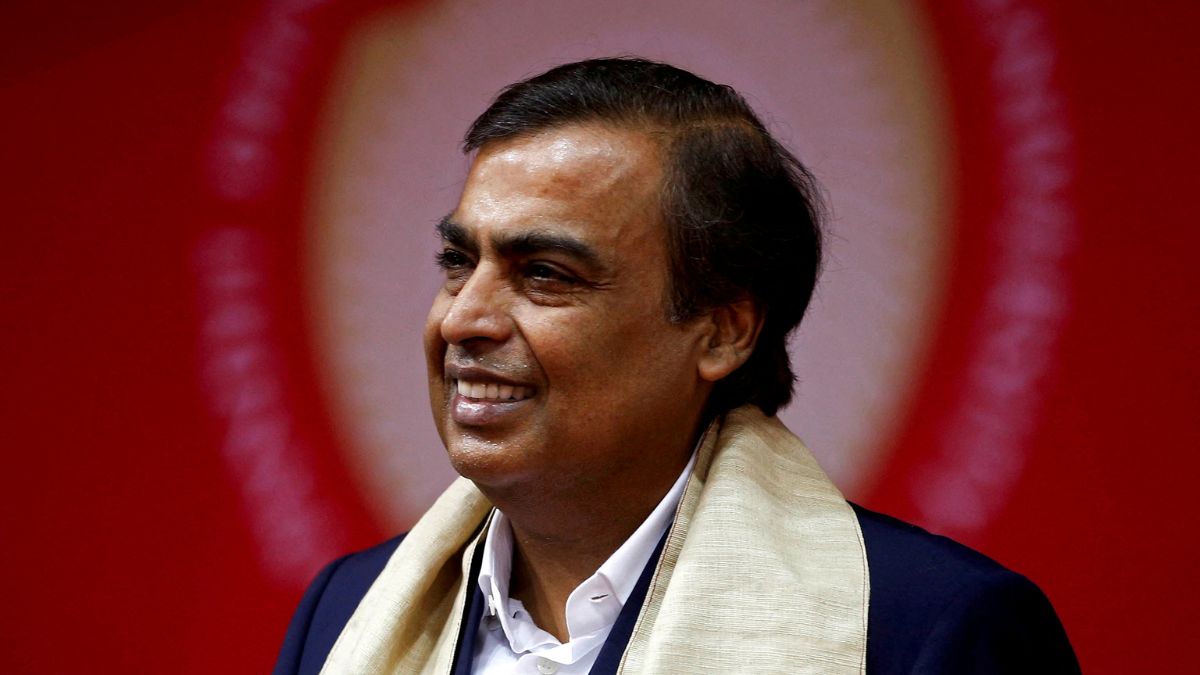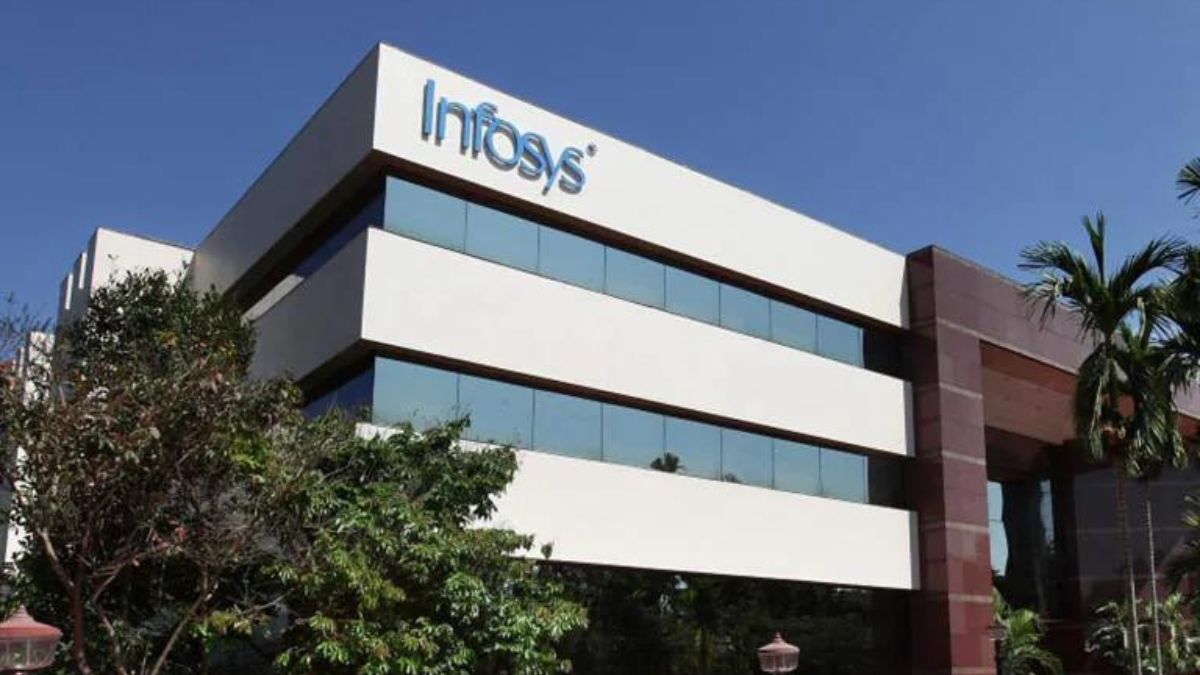Hikes in both short-term capital gains (STCG) and long-term capital gains (LTCG) taxes are bound to affect investor perspective while managing capital assets. The Union Budget 2023-24 has increased the tax rate on STCG, previously at 15 per cent to 20 per cent. The tax rate on LTCG is now 12.5 per cent compared to the previous 10 per cent read more
)
The long-term capital gains tax (LTCG) has been hiked in the Union Budget 2024-25 on all financial and non-financial to 12.5 per cent from 10 per cent, while short-term capital gains tax (STCG) on some assets would be 20 per cent. Representative Image/Pixabay
In the Union Budget 2024-25, Finance Minister Nirmala Sitharaman announced significant changes to the capital gains tax structure. The long-term capital gains tax (LTCG) has been increased to 12.5 per cent from the previous 10 per cent on all financial and non-financial assets.
Additionally, the short-term capital gains tax (STCG) on certain assets has been hiked to 20 per cent from 15 per cent.
During her speech, Sitharaman stated, “Short-term gains on certain financial assets shall henceforth attract a tax rate of 20 per cent, while that on all other financial assets and all non-financial assets shall continue to attract the applicable tax rate.”
The long-term capital gains tax exemption limit has been raised from Rs 1 lakh to Rs 1.25 lakh per year, in a bid to appease the lower and middle-income classes.
What is Capital Gains Tax?
Capital gains tax in India is governed by the Income Tax Act, 1961, and is levied on the profit or gain arising from the sale of a ‘capital asset.’
Examples of capital assets include land, buildings, house property, vehicles, patents, trademarks, leasehold rights, machinery, and jewelry.
There are two types of capital gains: Short-Term Capital Gains (STCG) and Long-Term Capital Gains (LTCG). The duration for which the asset was held determines whether the gain is short-term or long-term.
Also Read | Union Budget 2024: From job creation to agriculture, the big takeaways
For listed securities, units of UTI, equity-oriented funds, and zero-coupon bonds, if they are held for not more than 12 months, the STCG is levied. Otherwise, LTCG is applicable.
Shares of unlisted companies and immovable property (land/building) held for not more than 24 months attract the STCG. For all other assets, the time period for STCG is up to 36 months. Different tax rates and parameters apply to different types of assets under the current legal framework.
How will this move impact investors?
The changes in capital gains tax rates are expected to have significant implications for investors. Shravan Shetty, Managing Director at Primus Partners, expressed concerns, stating, “We believe increasing the long-term capital gain by 25 per cent to 12.5 per cent will lead to investments moving towards unproductive assets like gold and real estate"
“For a growing economy like India, increasing penetration of capital markets is critical, and this measure will reduce the acceleration seen in this direction over the last few years,” he added.
Also Read: Should you pick new tax regime? How can you save Rs 17,500 in income tax every year?
Highlighting long-term holding, Vaibhav Porwal, Co-founder of Dezerv, commented on the rise in capital gains tax, saying, “The recent changes in the union budget, particularly the increase in STCG and LTCG tax signal a significant shift. While the market’s initial reaction may seem bearish, we believe these changes will ultimately foster a more stable and mature investment environment.
“The widening gap between STCG and LTCG rates is a clear incentive for longer-term holdings. This move is also a step towards standardising taxation across various asset classes, potentially simplifying the investment decision-making process for many,” added Porwal.
How did the market react to the move on Budget day?
The stock markets reacted negatively to the changes announced in the Budget. Both Sensex and Nifty indices witnessed a significant drop. Around 12:30 pm on the day of the announcement, the Sensex had shed 1,189.09 points, or 1.48 percent, and stood at 79,312.99 points, losing the psychologically important 80,000 mark.
The Nifty 50 index was down nearly 2 percent, tumbling 382.25 points to 24,127 points. Shares of major companies like Power Grid, Larsen and Toubro, Tata Motors, Tata Steel, and SBI were among the top laggards.
Also Read: Why Budget tweaked short- and long-term capital gains tax? It’s a Rs 15,000 cr matter
Rupak De, Senior Technical Analyst at LKP Securities, noted, “The market reacted negatively to the increase in the Securities Transaction Tax (STT) and capital gains taxes. The Nifty index slipped towards 24,000, while the Bank Nifty drifted down by 1,000 points. The Finance Minister kept the capital expenditure intact at ₹11.11 lakh crore while projecting a fiscal deficit of 4.9 per cent for FY 25. This budget is mainly focused on rural and underdeveloped areas at the expense of financial market gains.”
In addition to changes in capital gains tax rates, the finance minister announced a hike in the Securities Transaction Tax (STT) on futures and options (F&O) securities by 0.02 percent and 0.1 percent, respectively.
Simplification of IT Act, Tax Reassessment, Capital Gains Taxation
🔸 Income Tax Act, 1961 to be made concise and easy to read
🔸 Opening of Reassessment beyond 3 years from end of assessment year only if escaped income is ₹ 50 lakh or more, up to a maximum period of 5 years… pic.twitter.com/Rj52AEjuFJ
Income received on share buybacks will now be taxed in the hands of recipients. The government is also planning the Vivad Se Vishwas Scheme 2024 to reduce tax litigation and proposed ₹10 lakh crore for PM Awas Yojana - Urban 2.0 to address the housing needs of 1 crore urban poor and middle-class families.
Furthermore, 12 new industrial parks will be developed under the National Industrial Corridor Development Programme.
Also Read: Why the stock market crashed as Nirmala Sitharaman announced the Union Budget
While the initial market reaction has been negative, experts believe that these changes will ultimately lead to a more stable and mature investment environment. The increase in tax rates is seen as a move to incentivise long-term holdings and standardise taxation across various asset classes.

 1 month ago
28
1 month ago
28
)
)
)
)
)
)
)
)
)
)
)
)
)
)
)
)
)
)
)
)
)
)
)
 English (US) ·
English (US) ·